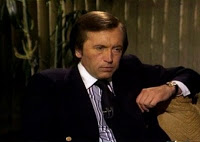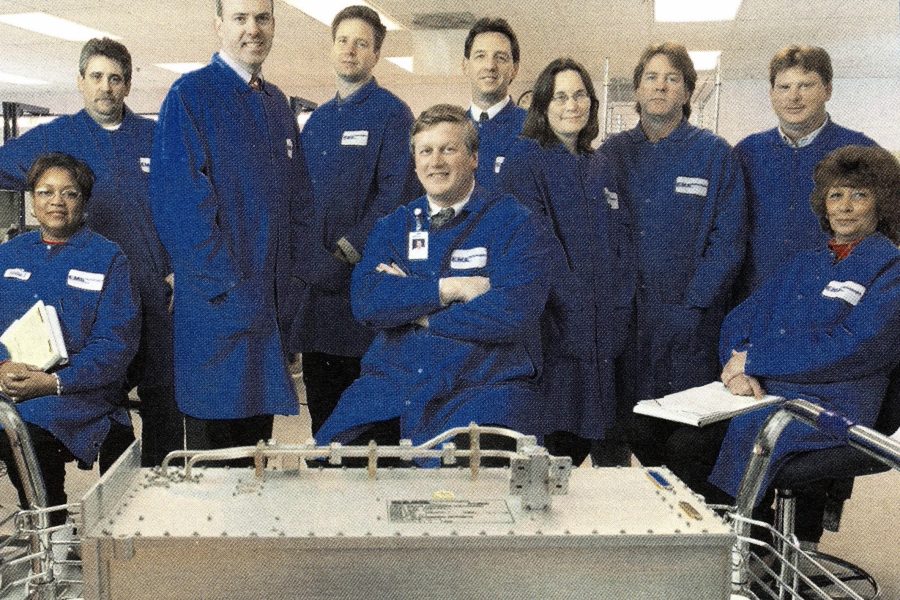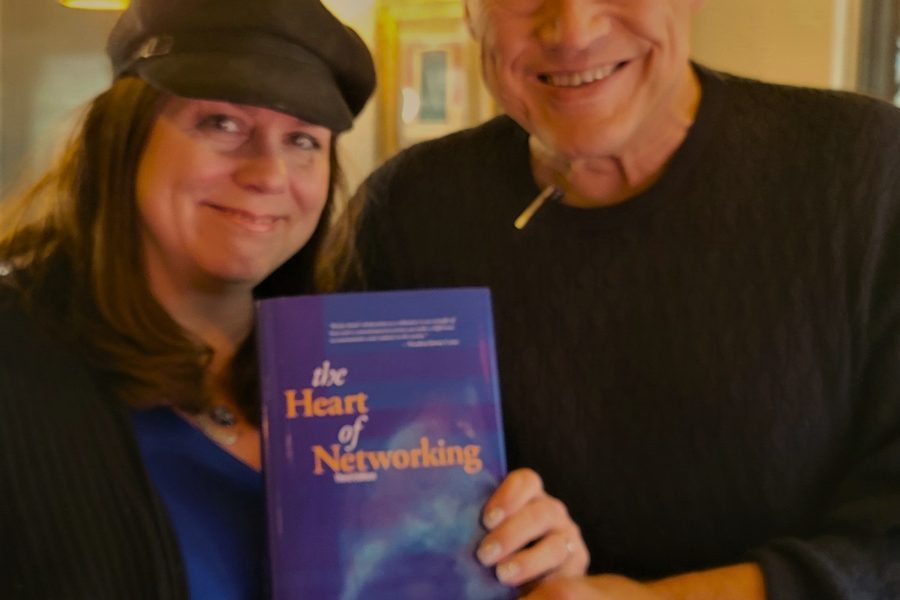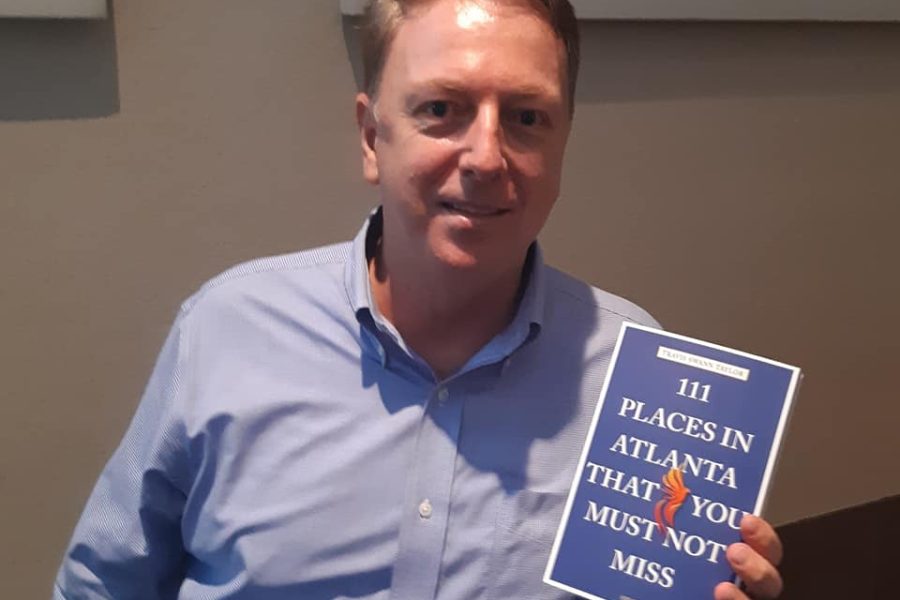I do a lot of interviewing these days – as a journalist and writer. Not long ago I was on the other side of the table supporting executives in interviews with key trade and business press. PR people often have an uphill battle working with executives who have trouble staying on message or even having a coherent message!
 |
| David Frost. |
The Guardian published a series of booklets in 2007 chronicling some of the greatest interviews of the 20th century.
Topping their list was David Frost’s conversations with Richard Nixon, as well as Marilyn Monroe’s last interview and Princess Diana’s confessions to Martin Bashir.
These figures would have benefitted from some media prep before they sat on the hot seat.
Here are some tried-and-true tips to better prepare your spokespeople for a media interview — where they can be credible and quotable, yet know how to navigate through tough questions while staying on message.
• Listen to the question and collect your thoughts before responding. (You don’t have to fill the silence).
• Be brief – less is more.
• Focus on three main points or ideas, and present these important points first.
Steer the conversation toward those points if the interviewer detours you.
• You don’t have to answer every question. Bridge it back to what you want to talk about
“Yes, and what’s also important is …”
“No, but let me explain…”
“Maybe, but it’s important to understand that …”
• If you only have time to make one key point, which is often the case, what would it be? That is your anchor.
Get to your anchor quickly without beating around the bush.
Repeat this key message during the conversation if possible.
• Use flagging.
“The real issue here is…”
“If you only remember one thing, remember this…”
“I want to remind your readers/listeners/audience that…”
• Decide in advance what you are not going to say and stick to your decision.
Do not assume that anything you say is “off the record.”
If you don’t want to read about it in print or hear it on the air, don’t say it.
• Punctuate a point with a story or an example.
• Cite positive trends.
• Avoid negative statements. Turn the thought to a positive observation, trend or concept.
• Pace your discussion points. Give the reporter or their audience time to digest complex points.
• When participating in a media interview, it helps to restate the question in your response to give the interviewer a complete quotable sentence.
• Sound bites should be brief and punchy (eight to ten seconds). They should be attention-getting and memorable: use anecdotes, analogies and personal experiences.
• Be confident, energetic, and sincere. Relax, and have fun.





